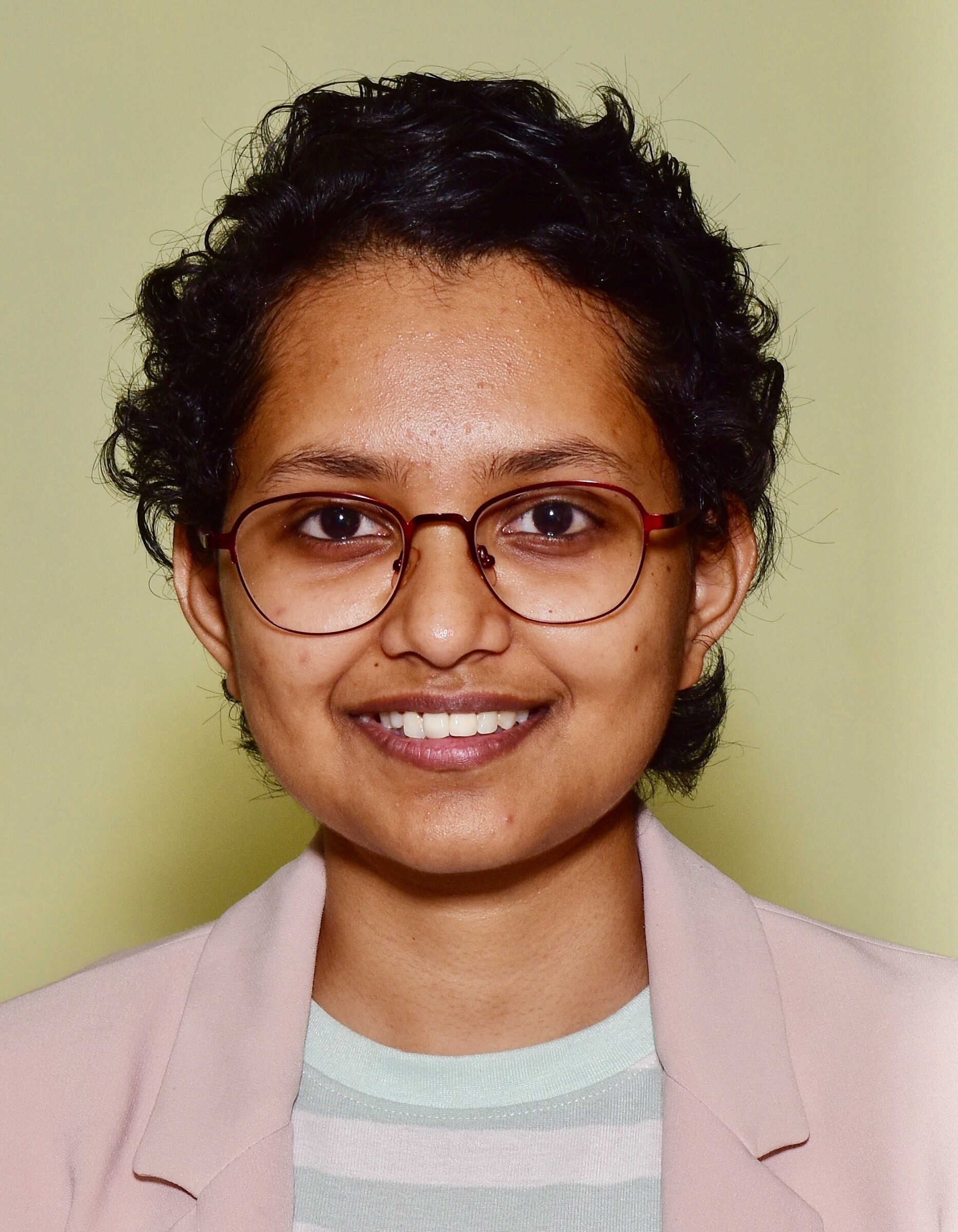Conflict Alerts # 211, 7 January 2021
 Sourina Bej
Sourina Bej In the news
On 30 December 2020, the Ministry of Home Affairs extended the Armed Forces (Special Powers) Act (AFSPA), 1958, in Nagaland thereby designating the state as a "disturbed area" for another six months. The extension is a routine affair as the state has been under AFSPA for almost six decades and the last such extension was on 30 June. The extension follows amid ongoing peace talks.
On 23 December 2020, the Niki Sumi faction of the National Socialist Council of Nagaland-SS Khaplang (NSCN-K) or NSCN-GPRN announced their intent to join the peace talks and revive the ceasefire with the Government of India. The faction further added they expect the government to respond positively and honour their decision.
Issues at large
First, second split in NSCN(K) and takeover by Yung Aung faction. Niki Sumi has been the most-wanted militant on the National Investigation Agency's list who controlled NSCN(K) 's extortion networks and jade mines in Myanmar. His intention for peace talks completes the division of NSCN (K) along national lines. Sumi's group emerged in July after differences with Yung Aung, the nephew of Khaplang and torchbearer of the Nagas in Myanmar. Since the death of Khaplang in 2017, NSCN(K) operating in Sagaing division of Myanmar, has split twice over the leadership tussle with Yung Aung. The first split in 2018 led Khango Konyak, a Mon from Nagaland, to join the NNPGs. The second split came in July 2020 when camps of Niki Sumi, Nyamlang Konyak Naga, Starson Lamkang Naga, all hailing from Nagaland, were attacked and subsequently purged out the NSCN(K) by Aung.
Second, the impact on the Naga peace process. Niki Sumi has not yet declared his intention to join the NNPGs, unlike its predecessor Khango Konyak; nevertheless, its presence will make the talks inclusive. The Naga peace talks reached a stalemate when differences emerged between the NSCN(I-M) and interlocutor Governor Ravi on the ground of "shared sovereignty." On the other hand, NNPGs, a group of seven Naga insurgent groups, has continued with its dialogue since it signed the 'Deed of Commitment' in 2017. In 2015, when the government signed the framework agreement with NSCN(I-M), one of the criticisms to the process has been the absence of NSCN(K). With Konyok and Sumi, the factions from NSCN(K) representing the Indian Nagas will have a seat in the talks.
Third, the State's response and extension of AFSPA. In October 2020, the coordinated counter-insurgency operations by Assam Rifles, Indian Army and Tatmadaw targeting the Niki Sumi group have also led Sumi, Starson, and 50 other cadres to surrender or come overground. The security agencies have worked on Sumi's return to India with an eye on concluding the Naga peace deal. The COVID-19 restrictions on cross border movement, operational challenges and infighting with Yung Aung have conclusively forced the leadership to rethink their future course. Simultaneously even though the peace talks and ceasefire continue, it has not translated into the revoking of the AFSPA.
In perspective
Nimmi Suki's intention to join would strengthen the ongoing peace process. It took more than three decades to come out of the woods to the table and yet the NSCN (K-Yung Aung) remains on the outside. In protracted conflicts, the surrender policy has been such that it permits insurgent groups to surrender but also opt to keep arms in reserve, thereby ensuring an option to return if favourable gains are not achieved in the peace process. It remains to be seen whether Sumi joins the NNPGs and it is likely to follow once he is assured of 'no arrest.'